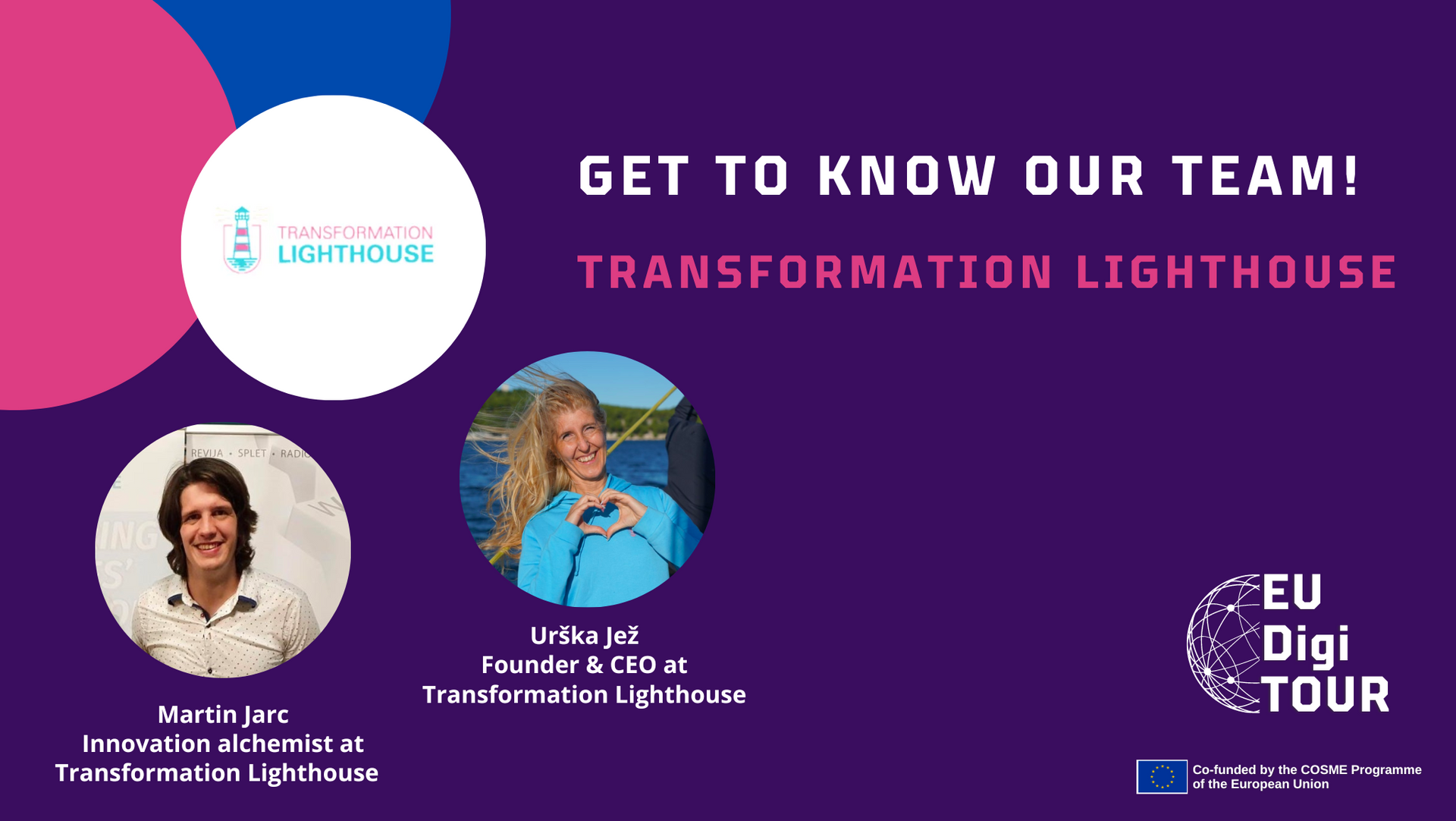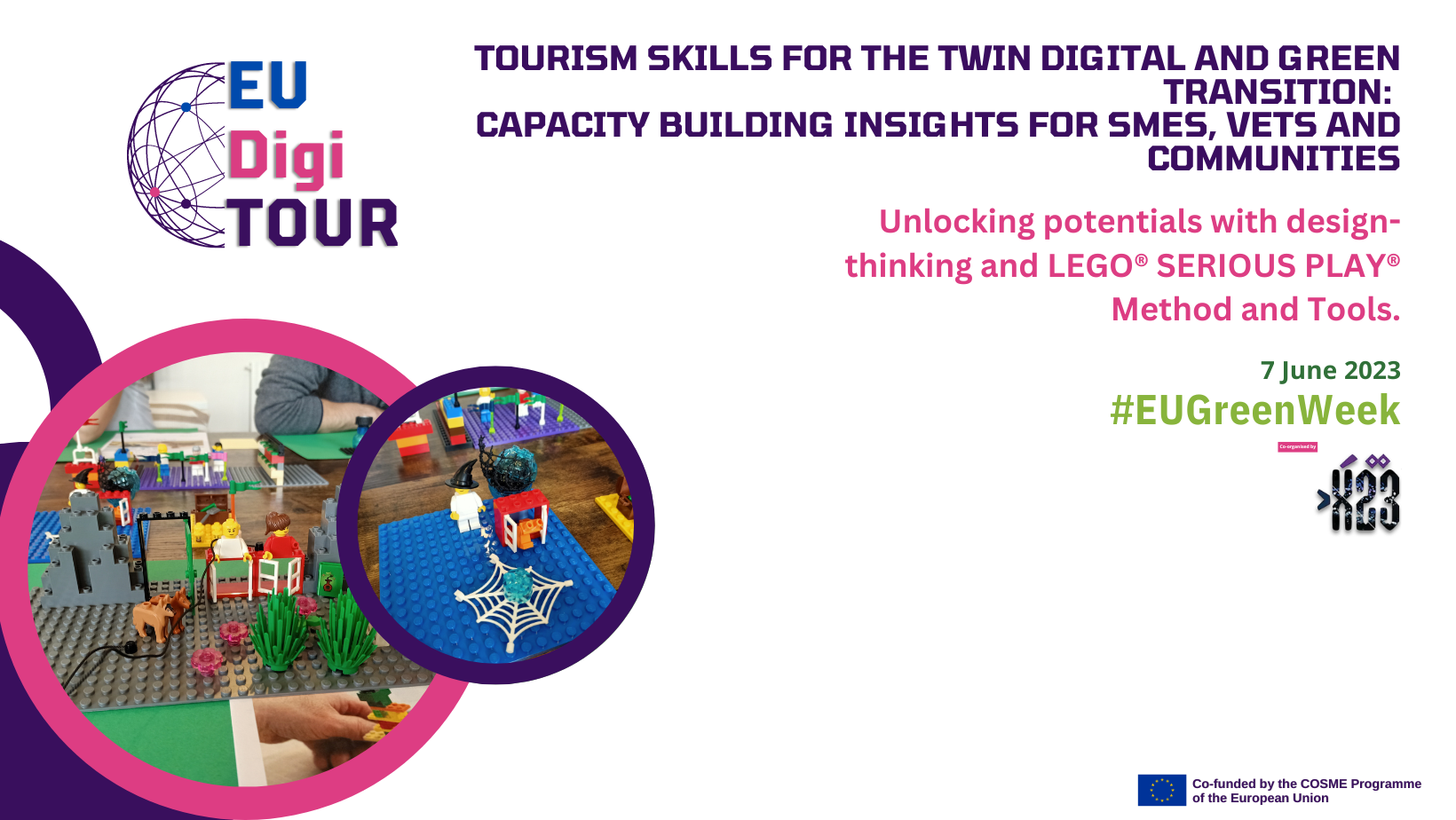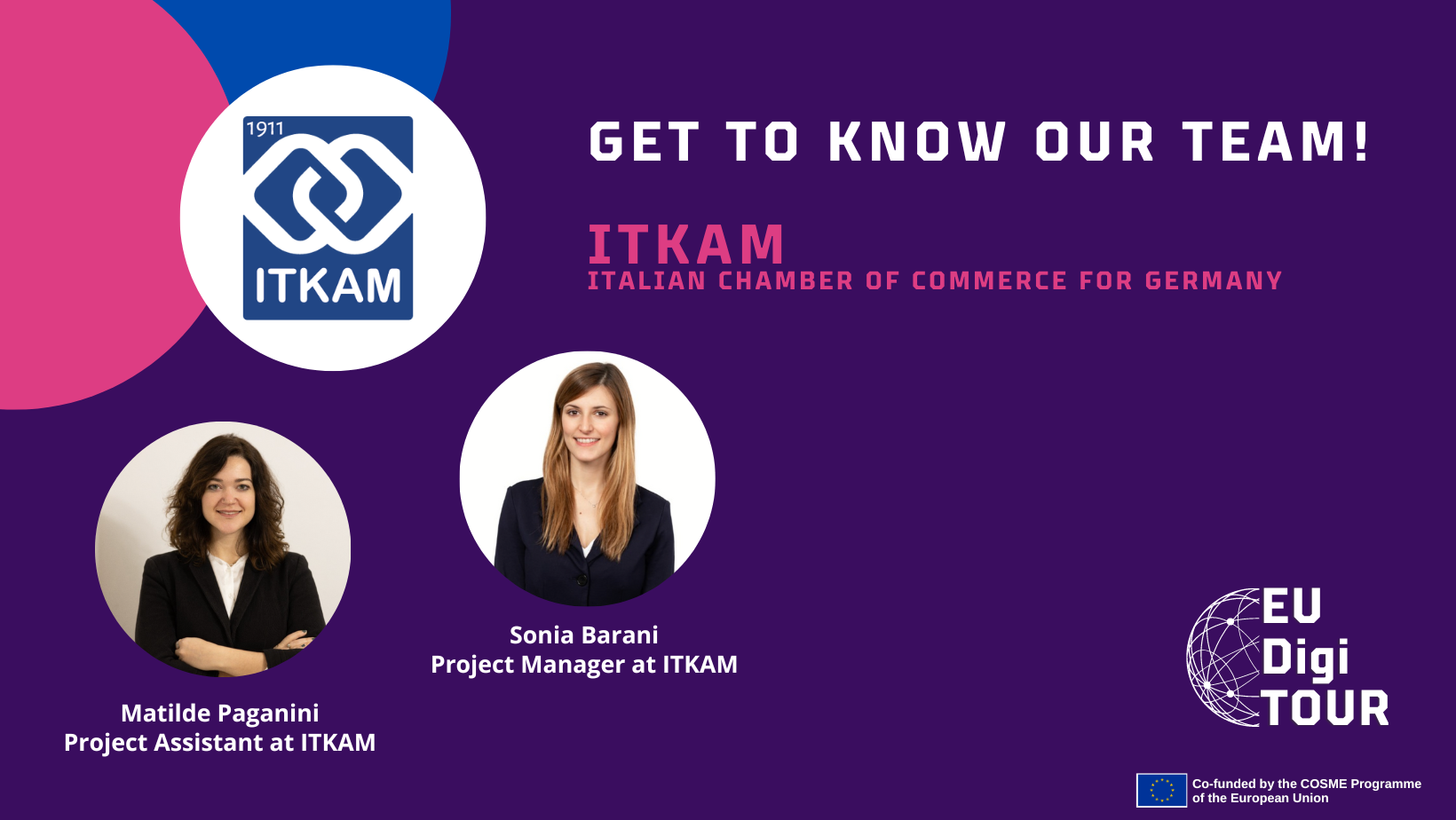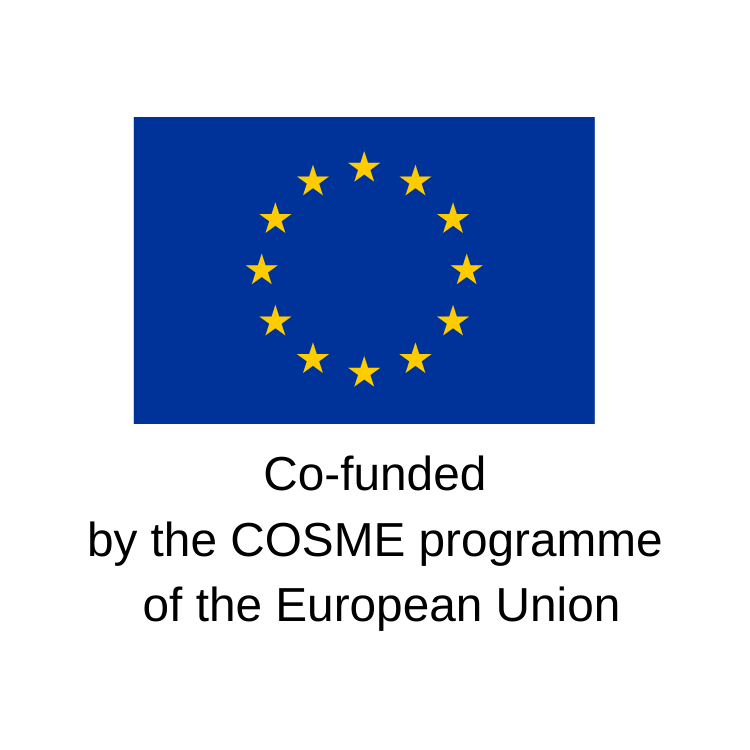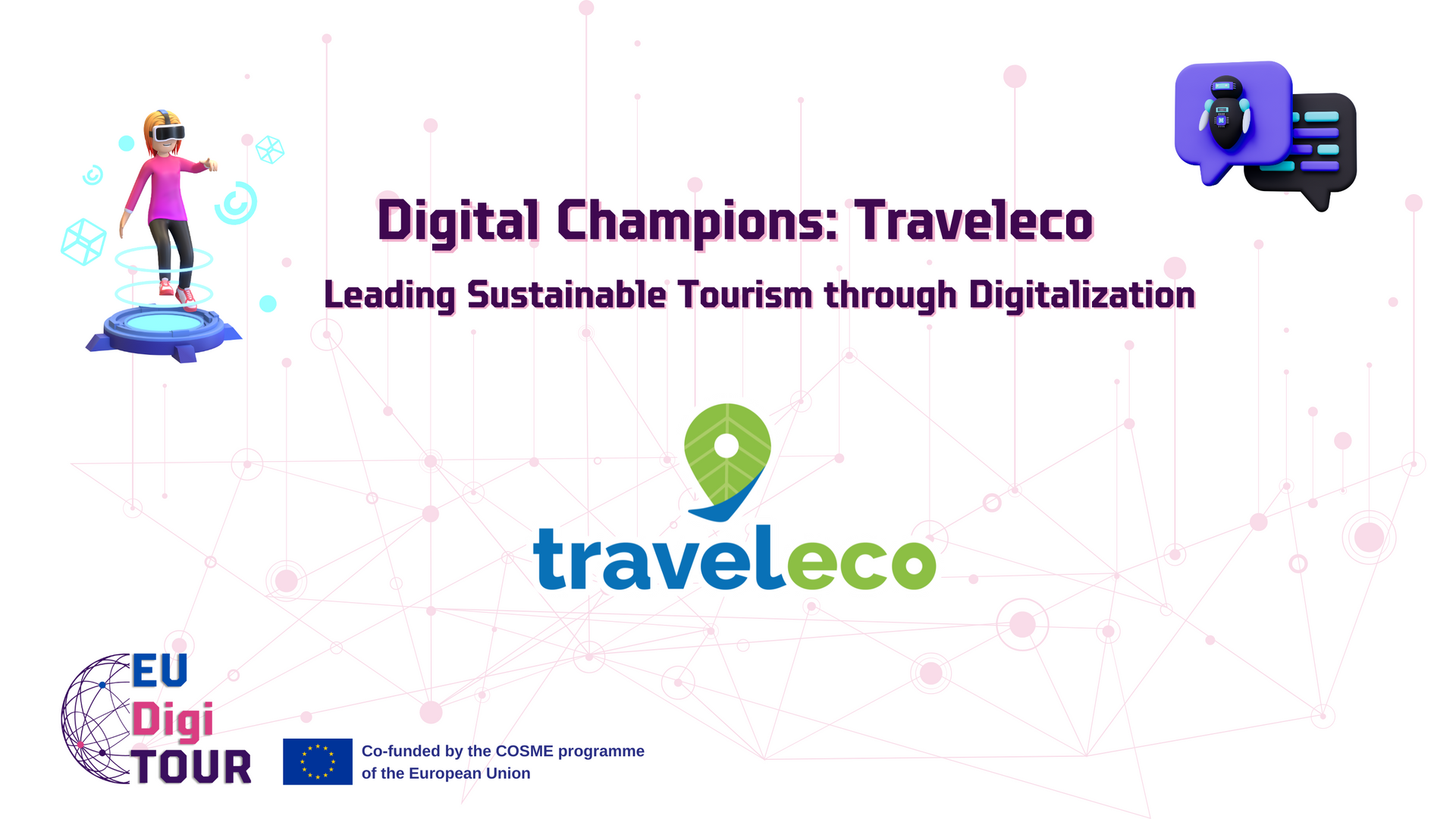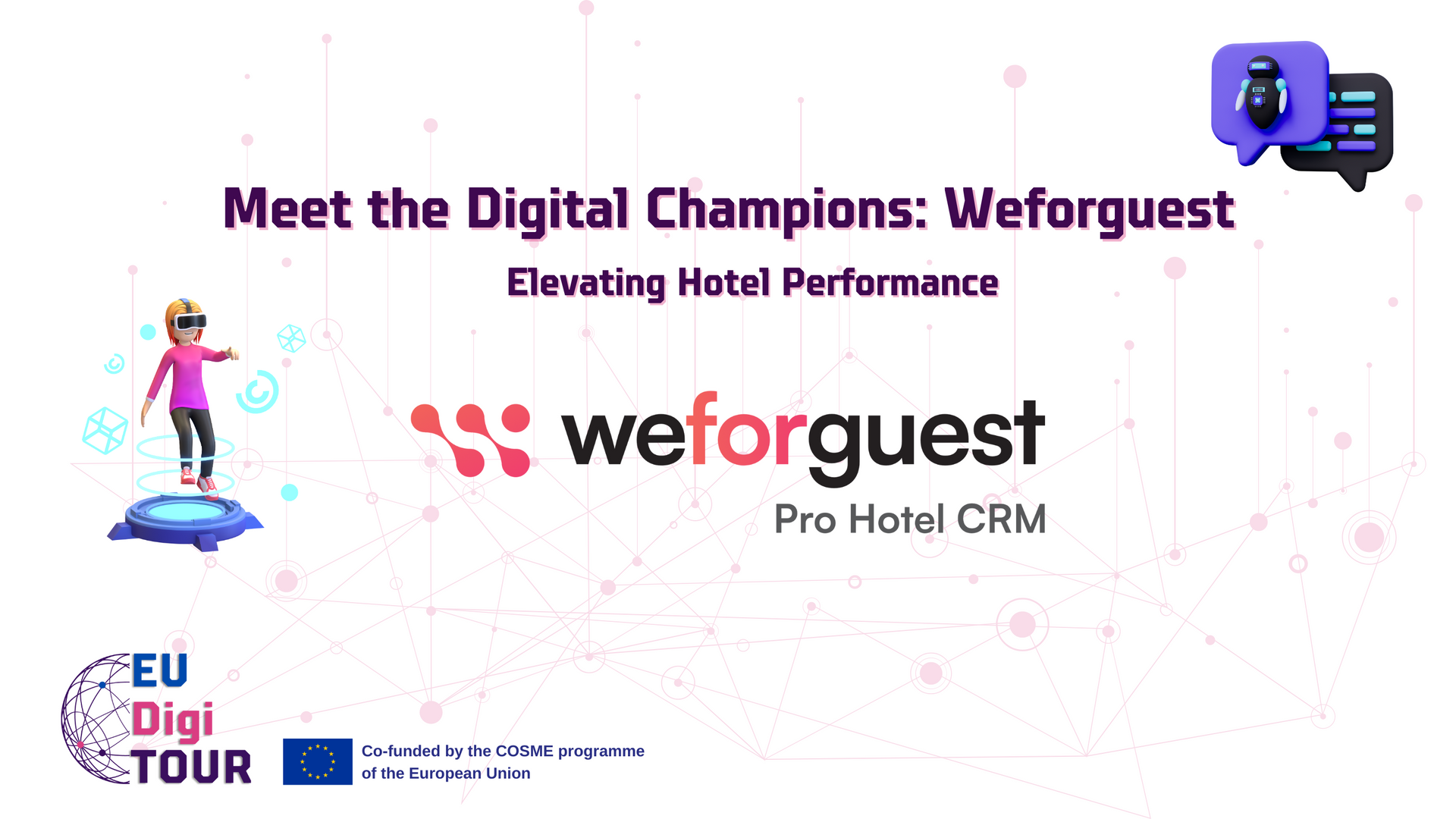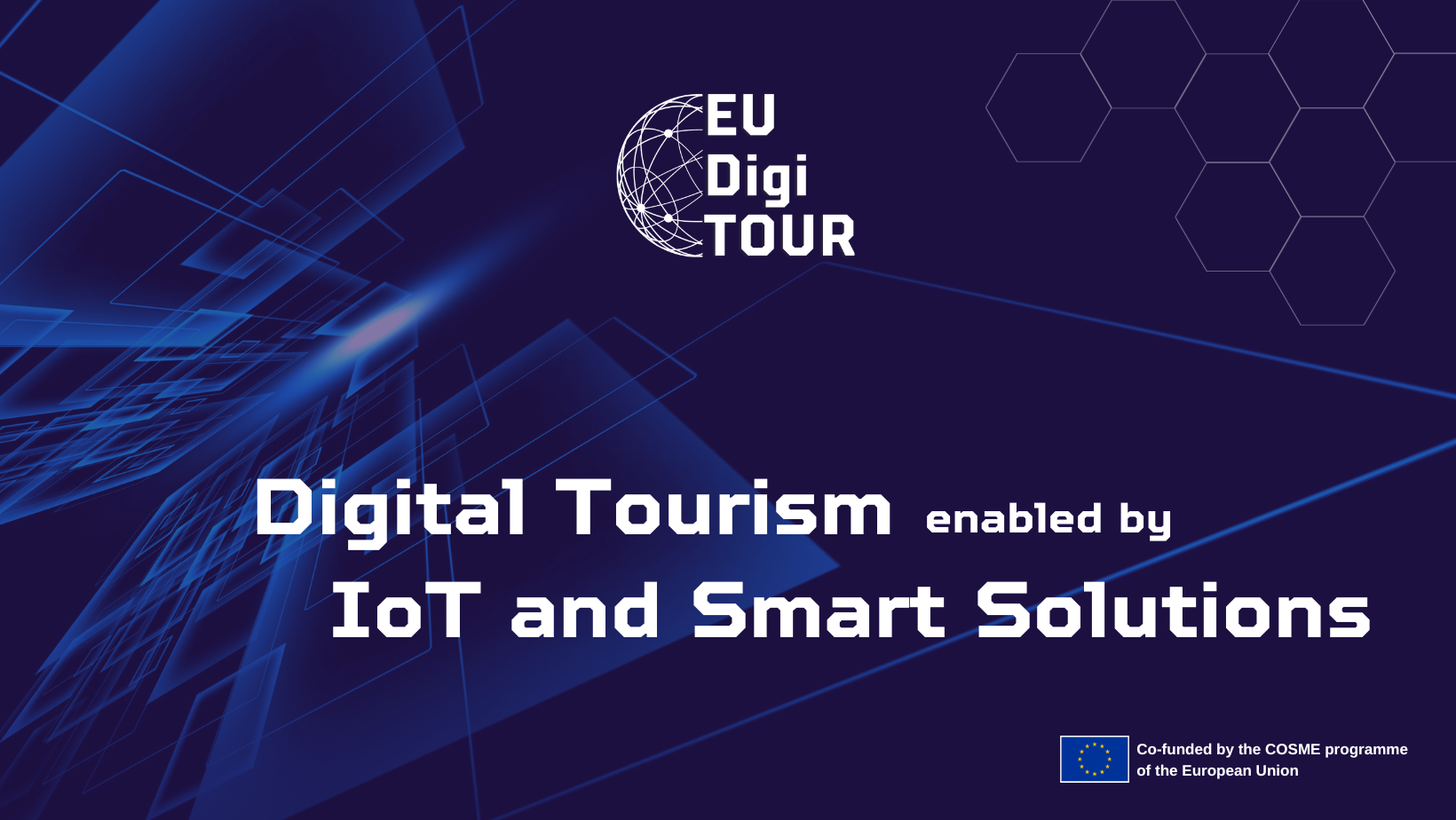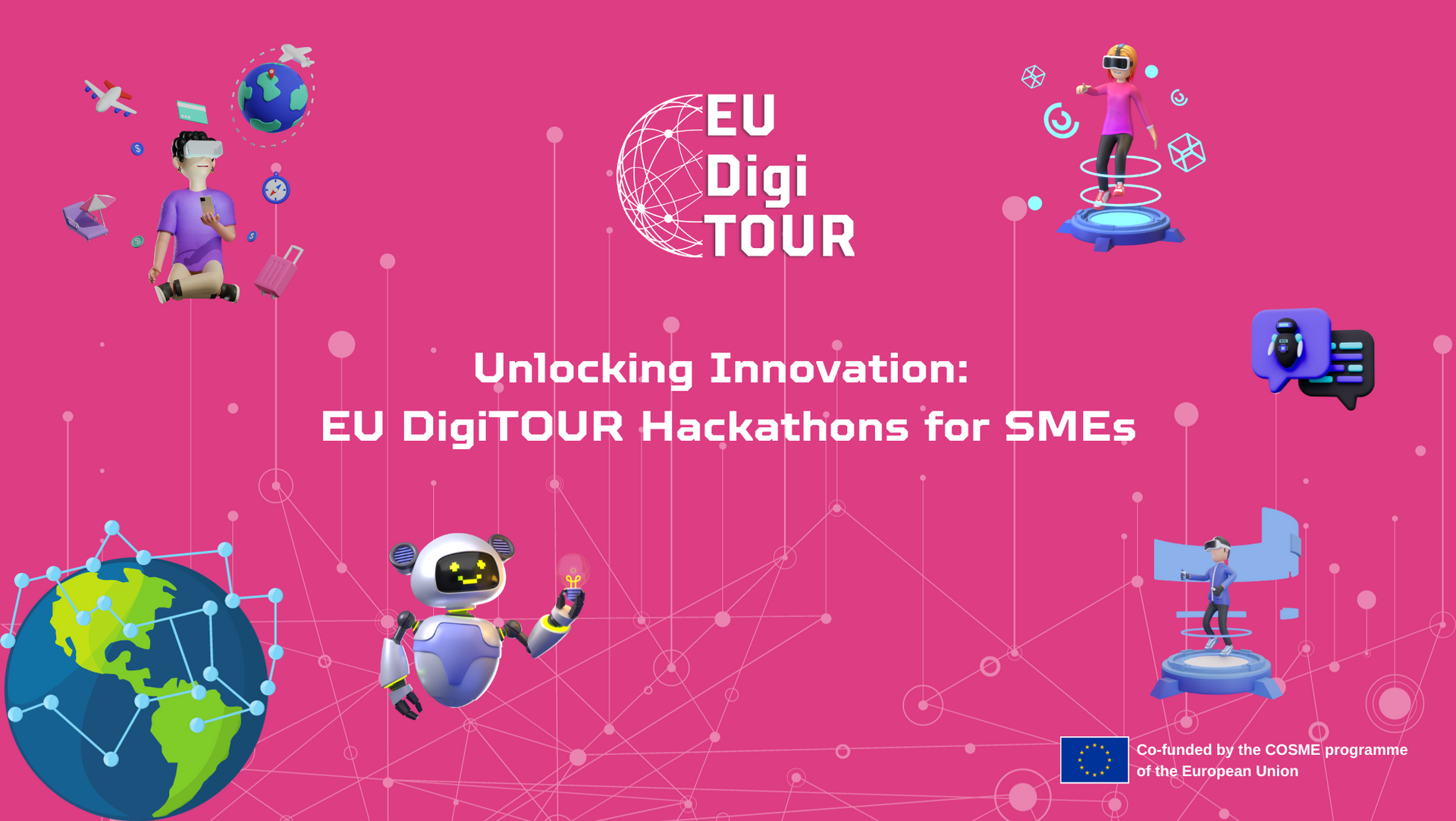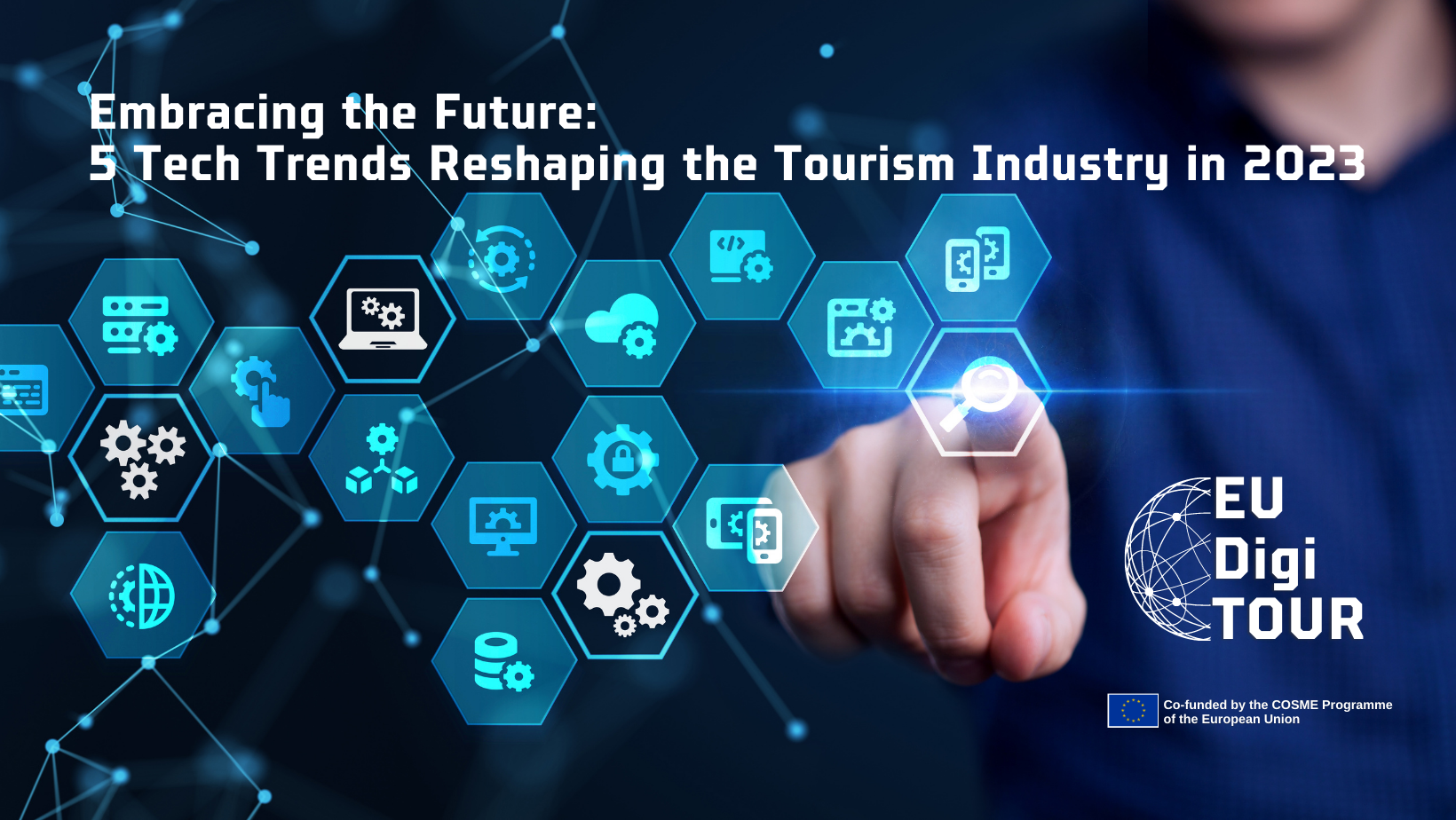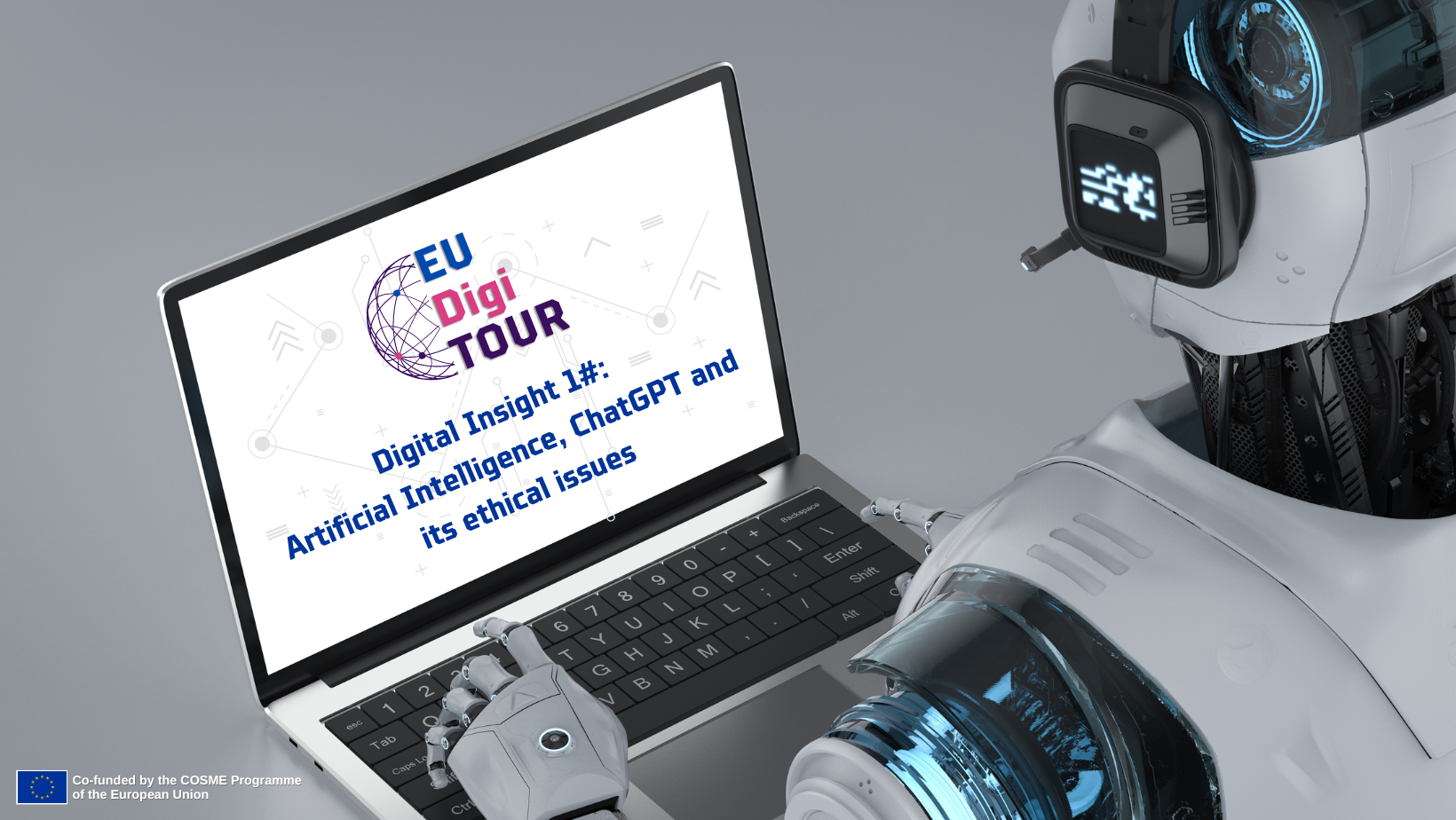
The tourism industry is in the reckoning for Digital Transformation, a concept that is disruptively shaping every business in of the industry.
The Covid-19 pandemic was the spark for us all: how can we face modern issues with modern solutions? The transition from human contact (still important) to a more virtual reality has physiologically set the stage for new habits and behaviors. In the case of our industry it led to the rise of online bookings, digital communication and contactless solutions. Meanwhile, behind the scenes, companies tried to reinvent in-person work by transforming it into agile remote work, and constantly work on new digital collaborations to keep productivity high and avoid isolation.
One clear signal is emerging: the travel industry is embracing Digital Transformation, a new philosophy that places digital practices first through IT tools and software but also through an inclination to promote these practices in business operations by training every team. But Digital Shift comes with great challenges. What are they? Do we consider these changes long lasting or temporary? How can synergies and partnerships among industry players raise awareness toward this issue?
Let's find out together.
What is Digital Transformation?
Digital Tourism refers to all technological tools used to organize, manage and enable travel experiences. Digital tourism cuts across Digital Transformation, which is instead a process that aims to translate some practices and habits originally managed offline into the online world.
This concept is gaining momentum within industry research and studies as the main driver of the future of tourism. In fact, Digital Transformation can help businesses in several ways:
Deliver experiences that satisfy travelers in their communication, purchase and preferences through digital means;- Accelerate the digitization of products and services, making it easier to promote, distribute and sell them;
- Increase the opportunity for tourism companies to adapt to hybrid business models, changing demand and a new competitive landscape;
- Support business operations with analysis and forecasting, providing new insights into strategies and facilitating decision-making;
- Run a business more efficiently and profitably, to do more with less, reduce costs, and find new sources of revenue;
- Keep up with competitors and mitigate structural changes in the economic and geopolitical environment, which almost always cannot be predicted and influenced;
The impact of 2020 on Digital Transformation
The acceleration of Digital Transformation has been one of the most obvious consequences of the pandemic. According to
McKinsey research, Covid-19 accelerated digitization efforts across all sectors by at least 7 years. Digitization was certainly already a hot topic before 2020, but now it is a priority not only to survive, but also to thrive. Travel companies are required to migrate from a manual sales experience to automation, apps, and touchless tools, keeping the “human touch” in the forefront.

Source: Skift
But has the industry kept up with this change? Will this investment priority be consolidated in the future?
The will to adapt to this transformation is there, and it is strong, but there is also a gap between this will and the practicality of implementing the processes in practice. As the chart below shows, efforts are being made to keep up, but there is still room for improvement. In 2022 Travel leaders were vastly more confident in 2022 that they’re making progress on digital transformation initiatives than in 2021.
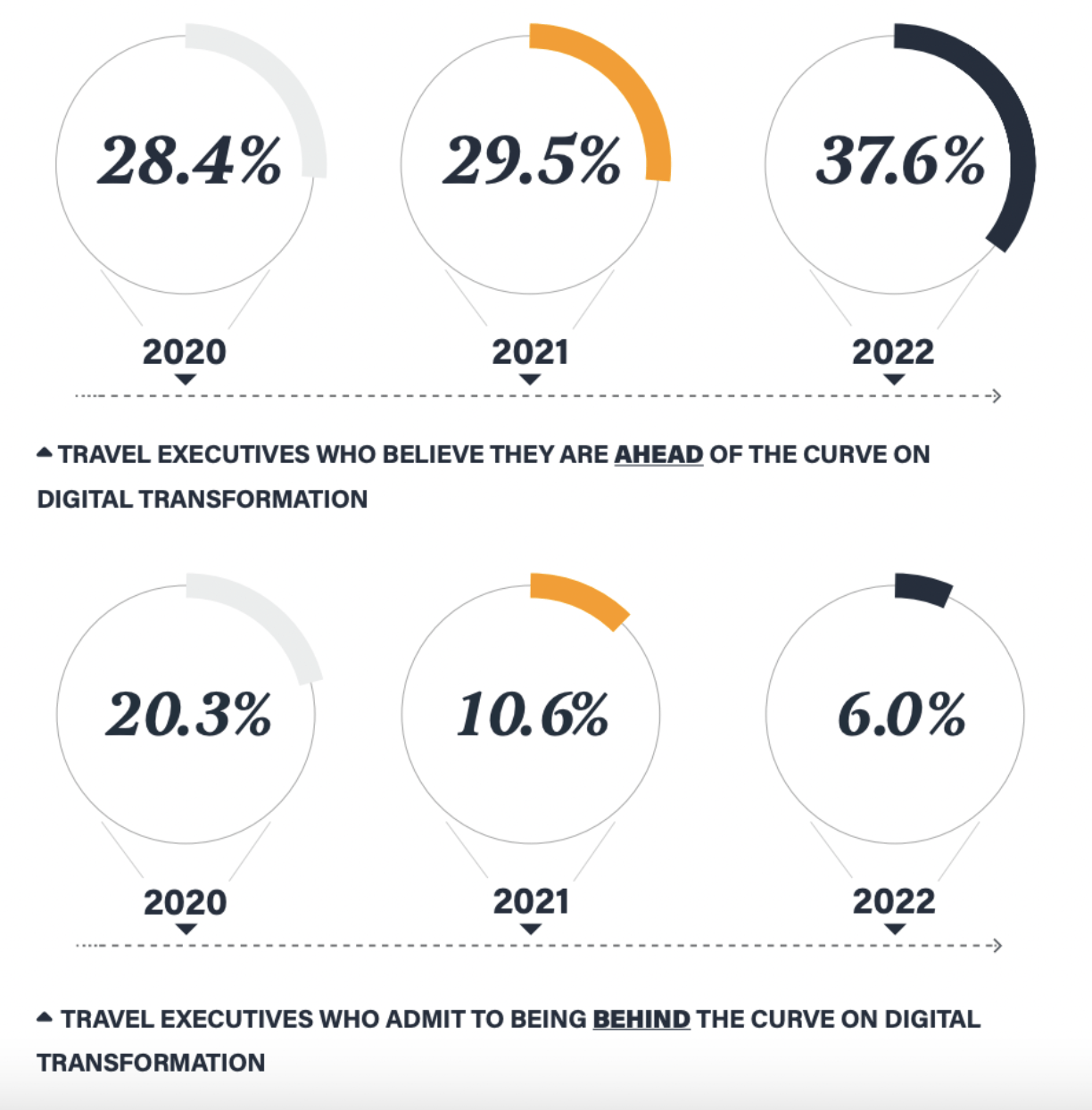
Source: Skift
The role of Technology along the Customer Experience
The travel industry needs to engage their travelers to be successful. Companies must constantly look for new ways to satisfy their customers and keep them coming back. But that's not enough, they need to adapt to customer expectations, which vary by historical period, to deliver safe and fulfilling experiences. Digital Transformation is functional to the customer experience and is not just about booking a particular service online, it goes far beyond that. It goes through 4 main stages:
- In the pre-booking phase, Nielsen's research found that 70 percent of people are inspired by online content and reviews from other users, which are considered more objective and reliable than other sources. In one sense, Internet has taken over that word-of-mouth role that used to happen only verbally among friends and acquaintances.
- In the booking phase, there is no doubt that disintermediation has been one of the cornerstones of 2020.
- Digital transformation has also changed the way people experience a trip, with the most obvious change being the sharing of content on social platforms. According to Doxee, this trend is evidenced by the numbers: 74 percent of travelers say they use social during their trips. The purpose of sharing is to capture lifelong memories and make the travel experience as unique as possible.
- The customer experience continues well beyond the trip in that phase that in today's day and age takes on the characteristics of Neverending Tourism, a strategy to extend the tourist experience by offering upselling before and after the trip, for example by accessing online content such as a city guide or cooking classes of typical local products. According to data by Osservatorio Innovazione Digitale nel Turismo (Digital Innovation in Tourism Observatory), "with this approach, 42 percent of accommodation facilities have begun to offer their customers the purchase of food and wine or craft products, including through an e-commerce (8 percent)."
All these aspects going from research, booking, travel and to post-trip stage will have a lasting impact on the digital strategies of tourism businesses.
The power of synergies to shape digital transformation: what's next?
As we can see from the chart, there are a lot of goals for tourism businesses concerning Digital Transformation for 2023. We at EU DigiTOUR are aware of this potential and are active in our role as promoters of digital know-how for tourism businesses.

Source: Skift
The opportunities and challenges related to Digital Transformation are constantly evolving. At these times when everything seems connected and digital, the power of network can help many operators manage change proactively.
As is well known, raising issues with more voices than a single one can have positive impacts.
In this perspective of synergy and collaboration we will be hosted at Mediterranean Exchange of Archaeological Tourism in Paestum to exchange many ideas about the present and the future of digital trends, with two main events on Friday 28th October. Here you can find more information about them, as well as in the dedicated page of the exhibition.
DIGITAL TRANSFORMATION: THE BEST OF DIGITAL TECHNOLOGIES FOR TOURISM
Powered by X23 The Innovation Bakery e Associazione Startup Turismo
Sala Nettuno
1pm - 3pm
An opportunity for a business audience (especially tourism SMEs, policymakers, incubators, accelerators with programs dedicated to tourism startups) to learn about data, trends and projects on the topic of Digital Transformation and its relevance to the tourism sector. The event will introduce the EU DigiTOUR project, co-funded by the European Union's COSME program, and the technical and financial support opportunities dedicated to tourism SMEs.
DIGITAL TOURISM INTERACTION: MENTORING, WORKSHOP AND MINI-HACKATHON SIN THE TOURISM SECTOR
Powered by X23 The Innovation Bakery, Associazione Startup Turismo, ARVRtech and Transformation Lighthouse
Basilica
4pm-6pm
Afternoon session on the topic of training in the digital field with a high rate of interaction for a business audience and for students who want to increase their skills and expertise in the field. Participants can deepen their knowledge with respect to the most relevant digital technologies for tourism: Artificial Intelligence (AI), Internet of Things (IoT), Augmented Reality and Virtual Reality (AR; VR) and Big Data. Mentoring, workshops and a mini-hackathon will guide participants in the adoption and use of these technologies. The mini-hackathon open to students (graduate and undergraduate) and professionals, tourism businesses and startups will use the CO*STAR (customer opportunity solution team advantages result) methodology designed specifically for creative development of innovative projects.
